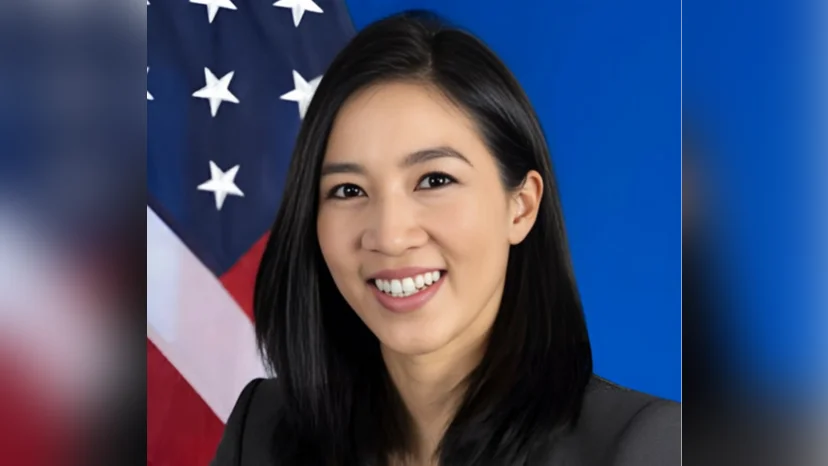U.S. Secretary of State Marco Rubio has outlined a new direction for American foreign policy, emphasizing a focus on the Western Hemisphere. In an opinion piece, Rubio expressed that past U.S. administrations have neglected this region in favor of other global areas, leading to missed opportunities and unresolved issues.
Rubio's first official trip as secretary of state will be to Central America, marking a departure from the traditional focus of previous secretaries who often prioritized other regions. This shift aligns with President Donald Trump's foreign-policy agenda, which aims to prioritize securing borders and addressing migration issues by collaborating with countries in the hemisphere.
"President Trump’s foreign-policy agenda begins close to home," Rubio stated, highlighting the importance of working with origin countries to manage migrant flows and facilitate the return of their citizens residing illegally in the U.S.
The approach involves rewarding cooperative nations while leveraging America's influence against those less willing to collaborate. "Some countries are cooperating with us enthusiastically—others, less so," he noted, citing Colombia's President Gustavo Petro as an example where U.S. leverage has been applied.
Despite necessary firmness in certain situations, Rubio maintains a positive outlook for regional collaboration. He sees potential for strengthened trade ties and enhanced security through partnerships within the hemisphere. The upcoming visits to El Salvador, Guatemala, Costa Rica, Panama, and the Dominican Republic aim to foster these relationships.
"We can reverse this," Rubio asserted regarding America's reliance on distant supply chains exposed by Covid-19 disruptions. He advocates relocating critical supply chains closer to home as a means of bolstering economic growth both domestically and among neighboring countries.
Closer ties are expected to create jobs and reduce emigration incentives from these nations while enabling them to resist external influences like China more effectively. Mass migration remains a destabilizing factor across the region alongside drug cartels classified as foreign terrorist organizations under Trump's administration.
Illegitimate regimes in Cuba, Nicaragua, and Venezuela exacerbate regional instability while China's influence looms over strategic points such as the Panama Canal. Nonetheless, Rubio expresses confidence that pragmatic leaders in Central America will recognize mutual benefits from cooperation with the U.S., stating: "Like President Trump... they also know that there is much more to be gained from working with the U.S."
This pragmatic approach prioritizes shared interests over ideological pursuits or vague promises—a strategy Rubio believes will guide future international dealings by the State Department.
Rubio concludes by emphasizing common goals within the Western Hemisphere: "We share a common home... Together there are few limits to what we can accomplish."

